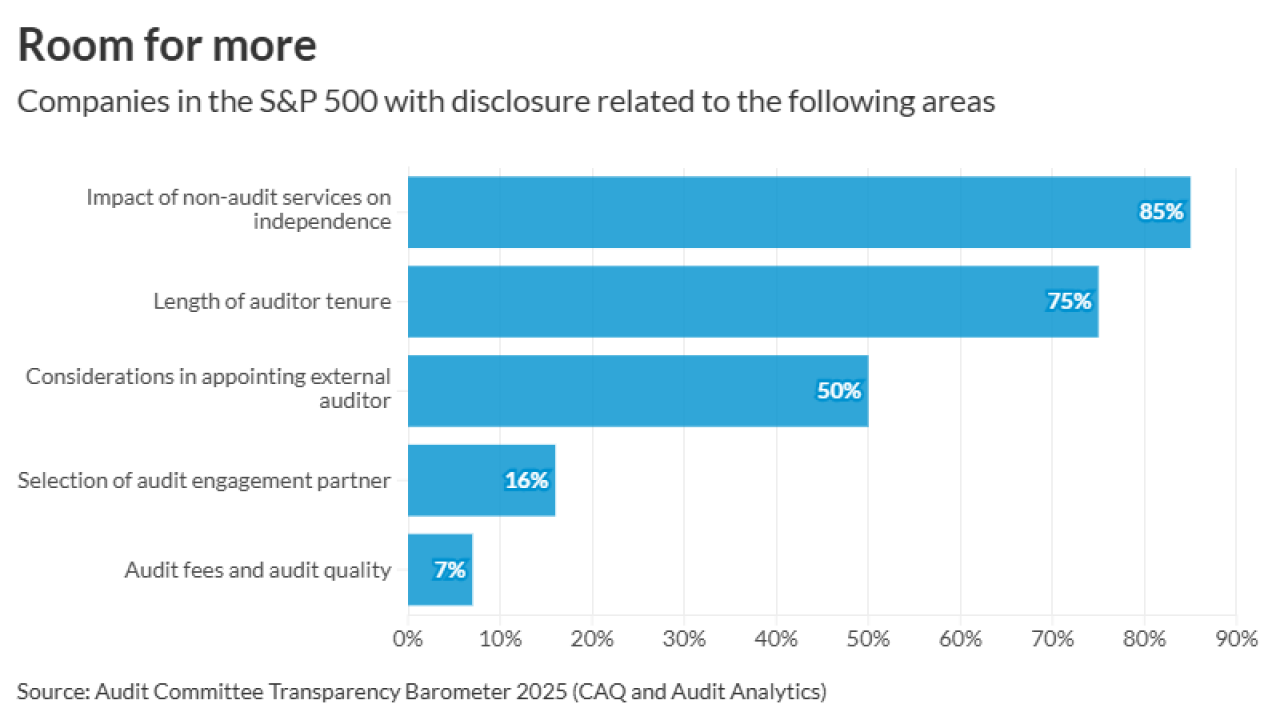With venture capital funding of metaverse-related startups doubling to over $10 billion this year, there's no better time to talk about how virtual and augmented reality technologies will impact the accounting profession. And more specifically, how it’s going to ultimately differentiate firm value.
At
Our goal is to help firm owners and managers be intentional about how you manage through change and market forces. Developing a metaverse strategy for many firms is 10-plus years away, but for those that are intentional and think of the impact to customers, service delivery, employees, and production, you are setting yourself up for long-term success by beginning your adoption curve sooner rather than later.
Here are GrowthLab’s top five ways that virtual reality will change the accounting profession:










